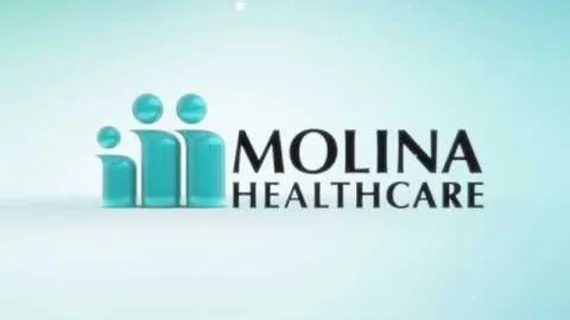Molina won’t rule out return to certain ACA markets
Managed care and Affordable Care Act (ACA) exchange insurer Molina Healthcare said its first quarter profits “exceed expectations” after raising premiums for its marketplace plans by about 60 percent and isn’t ruling out returning to markets in Utah and Wisconsin, where it previously offered coverage.
Forbes reports Molina is “taking a cautious view” towards its ACA business for the rest of the year, but acknowledged its enrollment beat projections by 50,000 customers. The insurer had been profitable on the exchanges in their early years on slim margins of 1.5 to 2 percent, but a reversal in fortunes led to the company forcing out CEO J. Mario Molina, MD and CFO John Molina, sons of founder C. David Molina, MD. The insurer then cut 1,400 employees—10 percent of its workforce in the corporate and health plan division—while the ousted CEO claimed the company may be sold and his outspoken support of the ACA may have led to his departure.
For 2018, Molina has about 450,000 ACA enrollees, less than half of its membership in 2017. Premium revenue was down 7 percent in the first quarter, but net income rose to $107 million.
While small insurers like Molina and Centene have found a winning strategy on the ACA markets—particularly when they’re the only insurer offering plans in an area—larger insurers have also benefitted from rushing to leave the exchanges. Anthem, for example, reported a 30 percent increase in first quarter profits despite its enrollment decreasing by one million after significantly reducing its ACA presence.
Read more at the link below:

